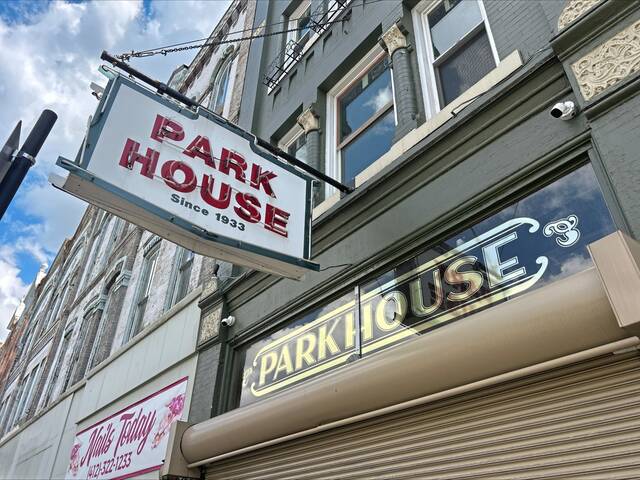A new federal grant is hoping to create a new future for Pittsburgh, one that contrasts with the region’s past as a “smoky city” caused by pollution from the heyday of the steel industry.
U.S. Rep. Summer Lee, D-Swissvale, announced last week that Carnegie Mellon University has received a $3 million federal grant to help establish a program to advance decarbonization technology in the steel industry.
Lee, who serves on the House Science, Space and Technology committee, said that Pittsburgh represents the birthplace of steel and steelworkers. She is proud the region will help develop new, cleaner steelmaking technology.
“This is a big deal and just the beginning of our work towards a future where Western Pennsylvania sets the blueprint for cutting edge green manufacturing, economic opportunity and innovation, clean air and water, and good-paying union jobs,” she said in a statement.
The U.S. Department of Energy is providing nearly $3.1 million in funding. CMU’s project will help with the department’s effort in creating a Low Emissions Steel Manufacturing Research Program, according to a release. The CMU project is one of 40 that will be run by 36 different universities.
Penn State Main Campus also received funding for a project.
The CMU project will evaluate a system that uses hydrogen instead of carbon to extract oxygen from iron ore, according to the release.
Traditional steelmaking, like that completed at U.S. Steel facilities in the region’s Mon Valley, burns fossil fuels to create energy needed to create steel. For example, the Clairton Coke Works bakes coal at high temperatures to form coke, which is then burned to create energy to melt iron ore and form steel.
New steel mills typically use electric arc furnaces fueled by scrap metal, and are much cleaner than traditional mills. An electric arc furnace mill has been proposed at a site in Beaver County, but the deal has not been finalized.
Pittsburgh’s steel industry has shrunk dramatically over the decades, but it still produces more than 1 billion tons of steel each year, according to the release.
The CMU project is hoping to show that parts of steelmaking can be completed by using 90% hydrogen.
Separate from the CMU project, the Pittsburgh region is also hoping to be designated a hydrogen hub by the federal government, which could come with more than $1 billion in funding to scale out hydrogen production in the area.








